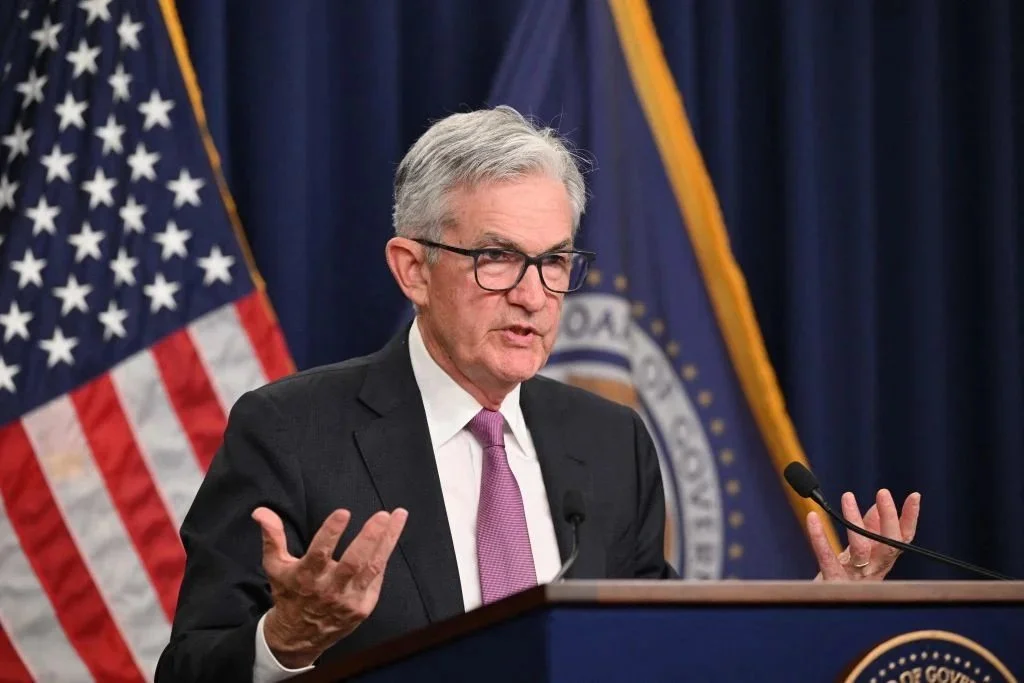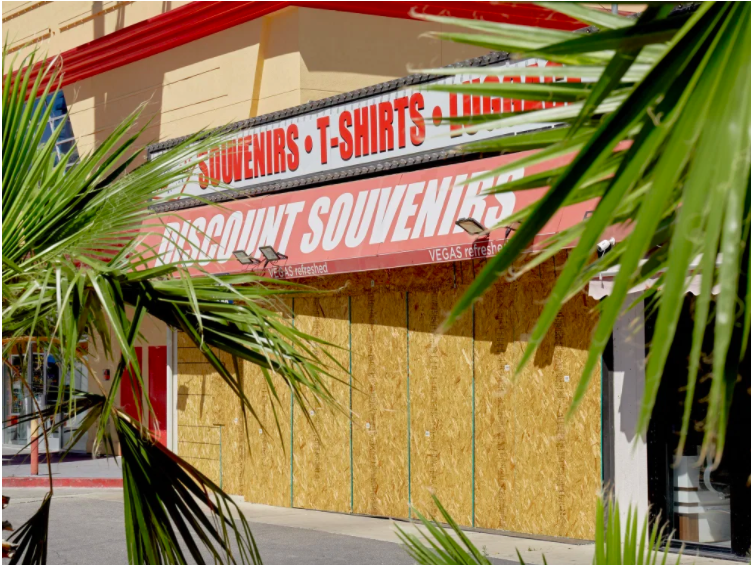Pakistan is not often in the Western news, but when it is, it is almost always negative. That is certainly the case with the arrest this week of former prime minister and leading opposition figure Imran Khan, which triggered widespread protests.
Government officials at every level should adopt a new mantra, a Hippocratic economic oath: do no harm. Newly minted doctors take the same oath to do no harm as one of their foundational medical principles. Economic policy should start with the same presumption.
The Federal Reserve has raised short-term interest rates at the fastest pace since the early 1980s in an attempt to curb the hottest inflation since the early 1980s. But in its zeal to tame inflation, the Fed has been seemingly indifferent to sudden sharp shifts in the economic winds.
When The Fed sharply increased its target interest rate by three-quarters of a percent, Chairman Jerome Powell remarked, “I wish there were a painless way…There isn’t.” Actually, there is a painless way: stop raising rates.
For the first time in decades, a notable portion of Americans say inflation is the number one issue facing the country.
The explosive announcement that Elon Musk is buying Twitter and taking it private has generated a slew of commentary. The most common refrain has been that we are at “peak billionaire” and that Musk’s acquisition reflects a disturbing acceleration of not just inequality but of the ability of the very rich to dictate the rules of democracy itself.
The Seventies were famous for many things: wide-lapels, disco music, Watergate, the middle-class abandonment of cities for suburbs, and of course, stagflation, that toxic blend of soaring prices and stagnant economic growth. Is history repeating itself?
Here we go again. From late March 2020 till almost the end of last year, stock markets had been on an extraordinary tear. When the pandemic exploded, market plunged close to 30% in a matter of weeks. What the markets giveth, they taketh away.
For the first time in decades, we are in the midst of a bona-fide inflation scare. Recent numbers came in at 6.2%, the highest since 1990. Much of the world is beset by high demand for goods that have created massive supply-chain bottlenecks, with not enough ships and capacity at ports leading to long delays and higher prices for almost everything.
After months of false starts and internal divisions, it appears that President Biden and Congressional Democrats are on the verge of agreeing to a spending package to address climate change, childcare, housing, paid family leave and to lower drug costs.
The scrutiny intensified when Didi elected to list its shares in the U.S. In the eyes of the Chinese government, that raised the possibility that Didi would then share its precious domestic data with U.S. counterparties.
Balancing the other-worldly success of a few in contrast with the challenges many still face is one of the thornier dilemmas of a post-COVID-19 world where those gaps have grown ever wider.
Almost exactly a year ago at this time, I warned that markets were due for a sharp correction and that the emergence of COVID-19 was more than a valid reason.
That kind of help from the federal government has been sorely lacking during the pandemic—and is utterly essential to any meaningful and sustainable economic recovery for the whole country.
That has often been the case, but then came the GameStop phenomenon when a tsunami of that so-called dumb money flooded parts of the stock market, leaving Wall Street professionals not just scratching their heads but a few of them badly wounded.
As the United States heads into its grim pandemic winter, Congress remains deadlocked on passing a new stimulus bill.
With COVID-19 surging across the country, and state after state enacting new restrictions as individuals adjusting to a more widespread contagion, these programs could be needed in the coming months, just as Mnuchin is attempting to end them.
Regardless of the electoral outcome, doing nothing until February 2021 after a new Congress and President are sworn in could well plunge the country back toward the depths of March when a major depression seemed upon us.
That fact alone would suggest the need for further government stimulus, but hope for that faded after the president announced that he was uninterested in further stimulus bill until after the election, though he then backtracked and suggested he was open to some action.
Given how much economic damage the pandemic continues to cause, it seems astonishing that Washington has been unable to muster any action since the spring.
With the fall semester upon us, colleges and universities unveiled their plans for students—and many are just as quickly upending those plans.
With the Republican-led Senate only just now unveiling its first draft of a next stimulus package and passage of a final bill dependent on weeks of arduous negotiations between Congress and the White House, the already-tenuous economic recovery just became more tenuous.
And yet, as bad as things are economically, it remains an open question why things aren’t worse. The answer is simple, and challenging: we may all be in this together as humans facing a virus but we are not equally in this together in bearing the economic toll.
The primary reason for this massive surge in unemployment is of course the pandemic and the economic shutdowns to contain it. But government policy is also to blame.
What is going on? How can it be that stocks are soaring when the economy is crashing?
The Fed understood even before Congress that the health-crisis of the pandemic and the subsequent economic crisis caused by the shelter-in-place orders and shuttering of businesses, travel and events would easily morph into a financial crisis that could be magnitudes greater than what happened in 2008-2009.
For weeks, I watched the evolving coronavirus crisis the way one observes an avalanche: it looks distant until suddenly it is upon you. I was inclined to take advantage and “buy the dips.” Then, something snapped: I started selling. I wanted cash. I panicked.
There. I said it.
It would be nice to be able to say when this will settle down, but as the old market cliché goes, no one rings a bell when markets hit a bottom.
It was the worst week for stocks since the financial crisis in October of 2008. It may get worse still.
Tweets from @ZacharyKarabell





























With the debt deal concluded, you might have expected global markets to have rallied. There is a growing consensus among the investing class that a double-dip recession is imminent and that, as a result, stocks are in for tough times — and may even be poised for a crash.